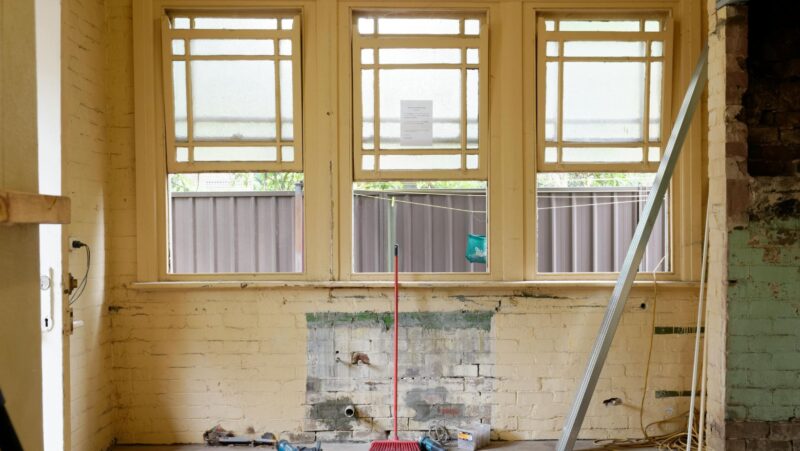We’ve all been there. You’re about to start your day, and suddenly, your trusty coffee maker decides it’s not up for the challenge. Or maybe your washing machine has started making a noise that sounds suspiciously like it’s chewing up your clothes rather than cleaning them. The immediate question that arises is, “Should I repair or replace this?”
Facing a malfunctioning home appliance presents a common dilemma for homeowners. It’s more than just a practical decision; it’s also about weighing the cost, considering the impact on your daily life, and the long-term implications of each choice.
Table of Contents
ToggleThe Cost Comparison: Repairing vs. Replacing Appliances
When it comes down to dollars and cents, the decision might seem straightforward. If a repair costs less than a replacement, that’s the way to go, right? Not necessarily. Opting for a repair might initially seem like the cost-effective choice, particularly for high-end appliances where replacement costs could be significantly higher. Technicians at Travis County Appliance Repair recommend looking for an appliance repair company that can offer affordable pricing and detailed diagnosis, allowing homeowners to make an informed decision based on the issue’s severity and the appliance’s potential longevity post-repair. It’s also crucial to consider the repair cost in the context of the appliance’s age, condition, and the likelihood of future breakdowns. At times, investing in a new appliance might save you money and headaches.
Factors to Consider Before Making a Decision
Age and Condition of the Appliance
The lifespan of an appliance is something to consider. Many appliances have an expected operational life or reliability. If yours is nearing the end of its expectancy and experiencing frequent breakdowns, replacement might be a wise choice.
Cost of Repair vs. Replacement
Get an estimate for the repair and compare it with the cost of buying a new one.

A good rule of thumb is if the repair cost is more than 50% of the price of a new appliance, leaning towards replacement might make more sense.
Energy Efficiency and Impact on Bills
Newer models are generally more energy-efficient than their older counterparts. For instance, replacing an old refrigerator with a new Energy Star-rated model can reduce your energy consumption and, by extension, your carbon footprint. It’s comforting to know that making a choice beneficial to your wallet can also support sustainability. Before making a decision, consider how the energy efficiency of an appliance not only impacts your immediate costs but also contributes to long-term savings and environmental benefits.
Environmental Considerations
We’re all trying to make more environmentally friendly choices these days. Repairing and extending the life of an appliance can mean one less item heading to the landfill. But sometimes, the more eco-friendly option is to recycle the old and replace it with a new, more energy-efficient model.
Tips for Extending the Lifespan of Home Appliances
Regular maintenance can go a long way in extending the life of your appliances. Simple actions, like cleaning the lint trap in your dryer, can make a big difference. Be sure to consult your appliance’s user manual for specific maintenance tips and schedules.
Deciding whether to repair or replace a home appliance is not always straightforward. It involves evaluating the immediate costs, considering the longer-term financial impacts, and thinking about the environmental consequences.
Remember, you don’t have to make these decisions alone. If you’re unsure about the best course of action, reaching out for professional advice can provide clarity and guidance.





